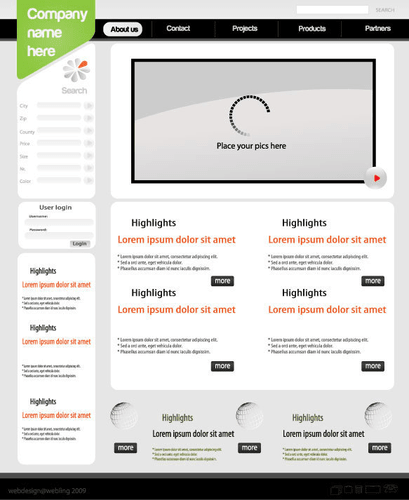
A bookkeeper’s job comprises maintaining and balancing financial records, including transactions from coworkers. Effective communication is essential for recording those daily transactions. One of the most important aspects of financial transactions is recording them accurately. This involves keeping track of all the money that comes in and out of a business. Accounting software eliminates a good deal of manual data entry, making it entirely possible to do your own bookkeeping.

This method offers a true snapshot of your assets and debts at any given time. In these programs, you can learn accounting principles, accounting software, payroll, how to prepare financial statements, and more. While the basics of accounting haven’t changed in over 500 years, the practice of bookkeeping has.
When you buy inventory, that is an asset because it will have future value when you sell it. Assets are resources that are owned by the company with a measurable future value. For example, if you prepaid your rent, this would not become an expense until after each rental period. For example, your advertising and office rent costs are expenses. This part can be tricky and is usually where the expertise of an accountant or CPA is needed.
There’s good news for business owners who want to simplify doing their books. Business owners who don’t want the burden of data entry can hire an online bookkeeping service. These services are a cost-effective way to tackle the day-to-day bookkeeping so that business owners can focus on what they do best, operating the business. For business owners who don’t mind doing the data entry, accounting software helps to simplify the process. You no longer need to worry about entering the double-entry data into two accounts.
Bookkeeping is an accounting process of recording and maintaining accurate records of your company’s financial transactions. This information can help you make informed decisions about your business operations, investment opportunities, and other financial decisions. In addition to helping the business owner, bookkeeping gives banks, investors, and the government the ability to ascertain the financial health and potential of the business.
Banks tend to look at your income statement, cash flow history, and income tax returns when reviewing your application. Bookkeeping records financial transactions, whereas accounting analyzes the financial health of a business based on those records. A bookkeeper is responsible for identifying the accounts in which transactions should be recorded. Most small business owners bookkeeping 101 can begin managing their company’s finances by doing their own basic bookkeeping. However, as a business grows and the transactions multiply or become more complex and have greater tax implications, it may be necessary to seek professional help. Here are a few tips to better manage your restaurant’s tips, so that the IRS and all of your employees are happy campers.